On January 7, 2022, co-hosted by Energy Cooperation Program (ECP) and The Committee of Multinationals, China Petroleum and Chemical Industry Federation (CPCIF), co-organized by The Biomass Energy Industry Council (BEIC) of China Association for the Promotion of industry Development (CAPID-BEIC), China Energy and Environment Industry Association (CEEIA) of China Energy, Research Institute for Carbon Neutrality of Beijing Daxing, the "Carbon Neutrality-Clean Fuel Seminar" was successfully held in Beijing. The seminar was a combination of online and offline and was shared to online viewers simultaneously through live streaming. Accumulative total of online audience reached more than 6,800 from International Energy Agency (IEA), the U.S. Embassy in China, standardization agencies, industry associations, academic institutions and Chinese and international enterprises.
Mr. Mark Thurber, Cochair of ECP board executive, and Mr. Pang Guanglian, Deputy Secretary General of CPCIF, delivered remarks, fully affirming the important role that carbon neutrality technology plays in the context of the global response to the climate crisis and efforts to achieve carbon neutrality. Technical exchanges and international cooperation in clean fuels are essential for the healthy development of the industry. Also, they expressed their expectations for the seminar and affirmed the work of partners in promoting clean fuels over the past year.
This training seminar focused on clean fuel technology. Eight well-known clean fuel experts at home and abroad were invited to make in-depth sharing on the current situation of clean fuel industry from the perspectives of policies, technologies, prospects, and cooperation opportunities, as well as the role they can play in coping with the climate crisis and the challenges they face.
- Ms. Praveen BAINSA, from Energy Technology and Policy division, International Energy Agency (IEA), believes that low-carbon fuels play an important role in helping China to achieve carbon neutrality. By 2060, low-carbon fuels will come mainly from biofuels, ammonia, and synthetic kerosene. If low-carbon fuels are to play a role in China's clean energy transition, they need to ensure that biomass use is truly sustainable. China has many of the advantages to achieve a carbon-neutral vision, particularly its leadership in technology and energy policy, so working with China is crucial.
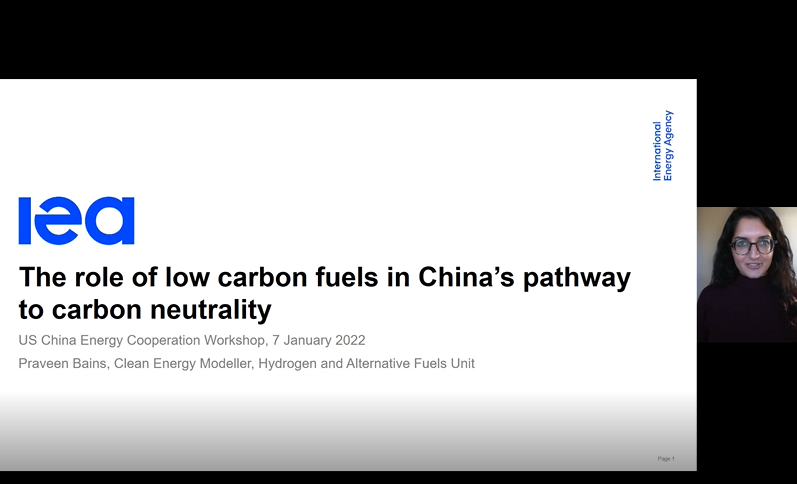
-
Ms. Zhou Yuanrong, researcher of fuels at International Council of Clean Transportation (ICCT), analyzed the carbon emissions from biofuels and hydrogen fuels in transportation. She believes that the choice of raw materials is more important than the choice of fuels to combat climate change, and that fuels made from a variety of waste products have lower carbon emissions. She recommends long-term policy support for cleaner fuels, different incentives for different fuels according to the effect of carbon emission reduction and carbon emissions from fuels should be evaluated throughout their life cycle.
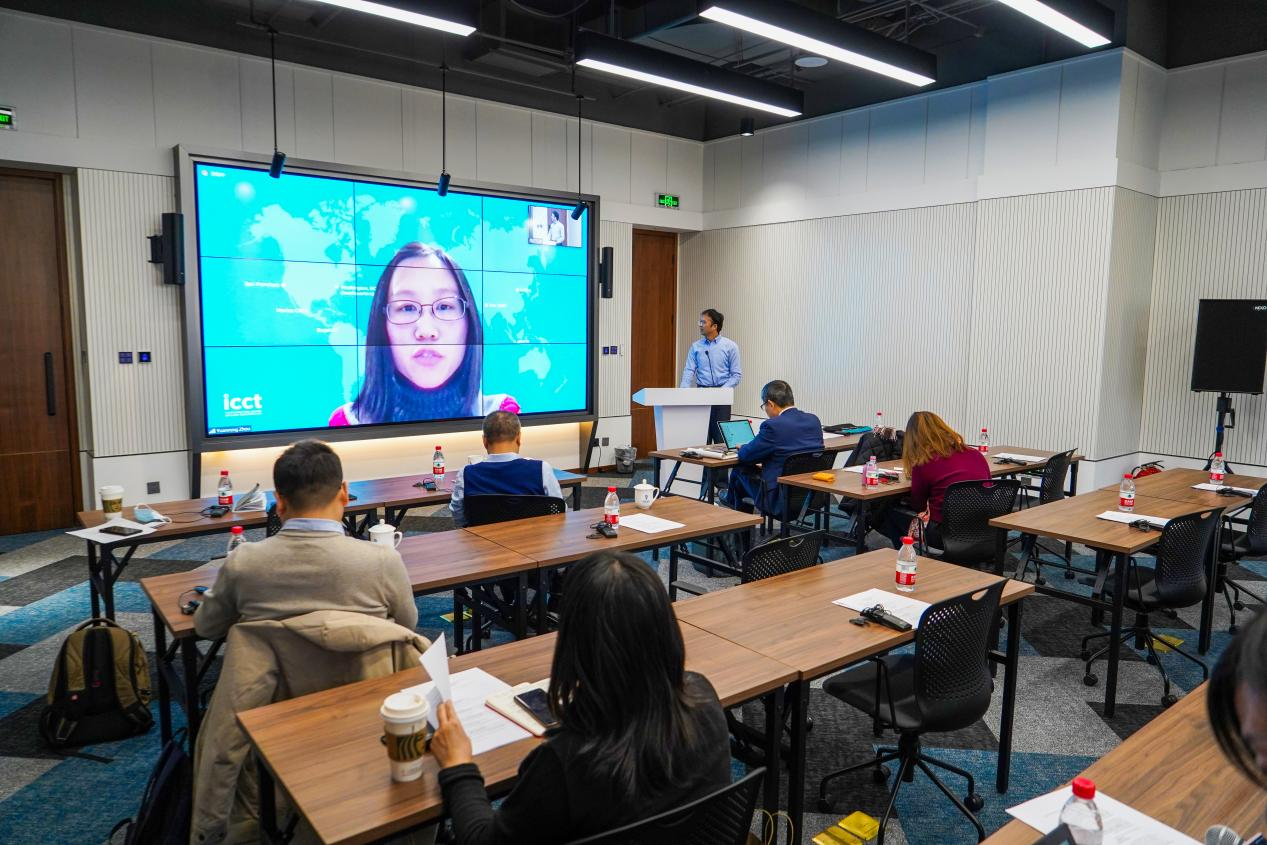
-
Dr. Yuri Freedman, Senior Director of Business Development Southern California Gas Company, shared the company's important role in carbon neutrality and the role hydrogen plays in its clean fuel strategy. He said that hydrogen would be transported over long distances through natural gas networks, with Canada and Italy allowing 5 percent of hydrogen to be injected into natural gas networks, Germany allowing 5-10 percent and France allowing 10 percent. The application of hydrogen energy in household, large passenger vehicle, heavy truck and marine transportation is also introduced.
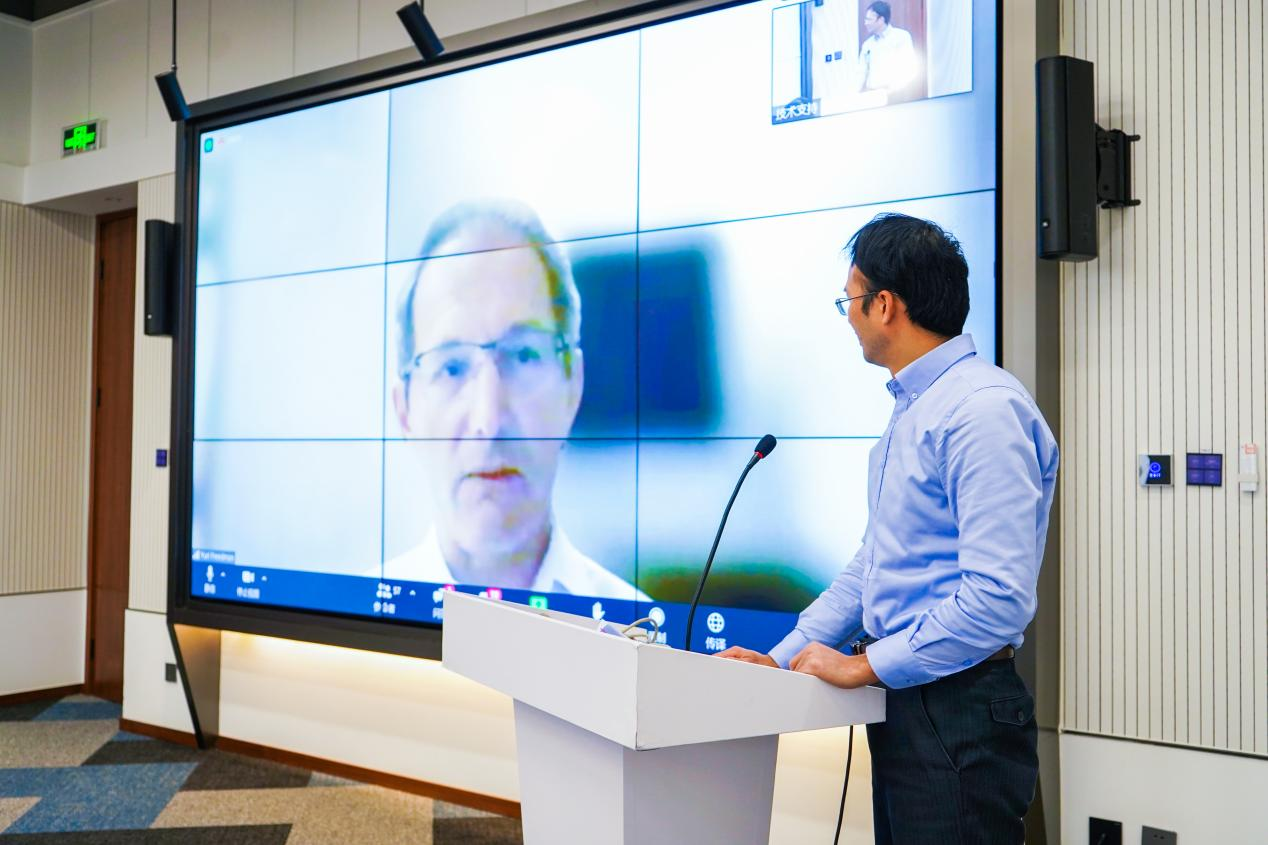
-
Mr. Zhou Lubo, vice president and chief technology officer of Performance Materials and Technologies (PMT) at Asia Pacific region of Honeywell, introduced Honeywell UOP as the first company in the world to develop green diesel and SAF from renewable materials, and its technology and products have been widely used. UOP has bio-refining technology that can contribute to aviation carbon reduction by optimizing feedstocks and reaction steps to produce high-quality bio-jet coal.
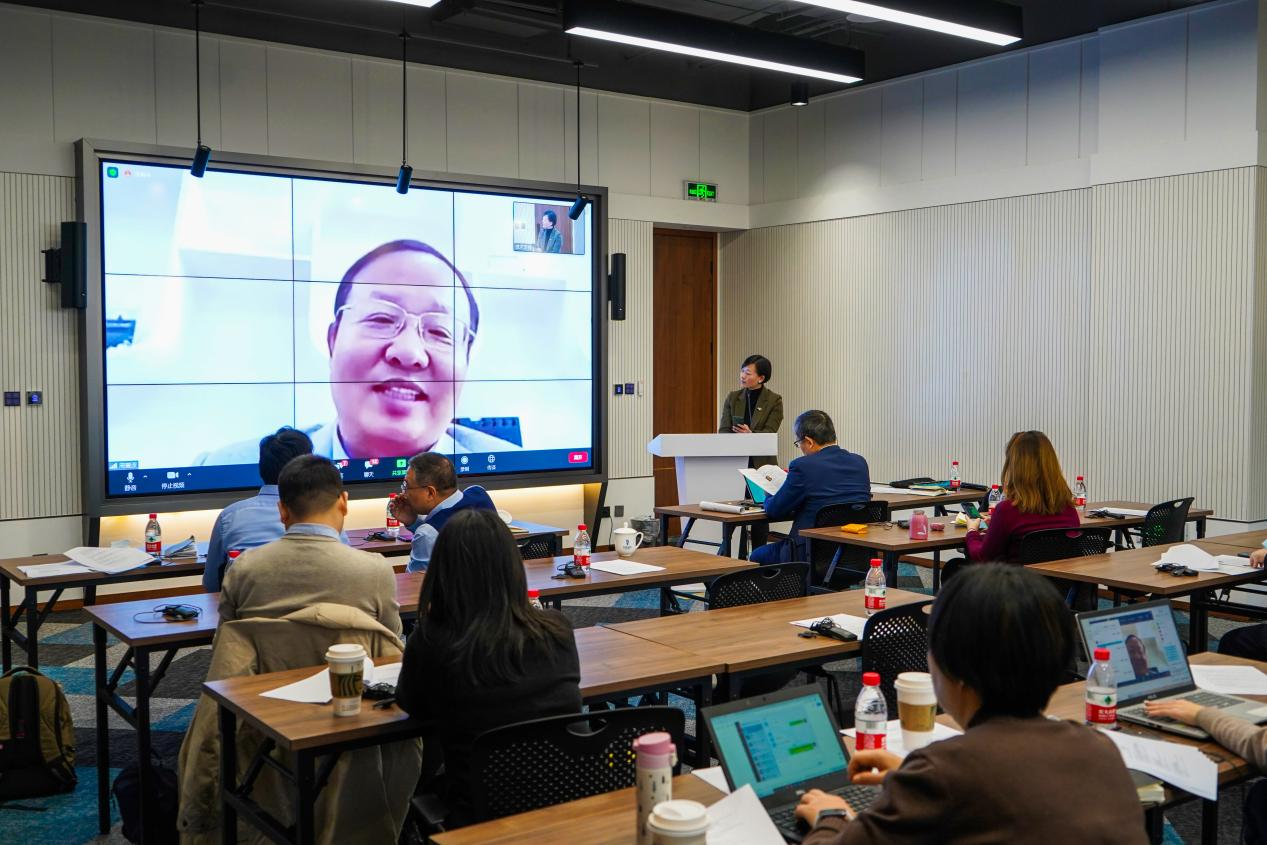
-
Dr. Jianjun Tu form Global Energy Center at Columbia University delivered report on China's clean fuel transition under dual carbon goals, pointing out that the importance of China-US energy and climate cooperation in the context of global carbon neutrality needs to be moved forward intelligently. Hydrogen economy, carbon capture and utilization, and power system reform are key to China's clean fuel transition. The feedstock utilization of fossil energy is inseparable from the clean fuel transition, and the relationship between the two needs further study.

-
Mr. Sun Shanlin, Secretary General of national biodiesel industry working group, reported the status quo, opportunities, and challenges of Biodiesel in China under the background of carbon neutrality. In 2020, China produced 1.25 million tons of biodiesel, of which 910,000 tons were exported. Biodiesel technology is gradually changing from acid-base to enzymatic method. Biodiesel has a good carbon reduction effect. He suggested the establishment of raw material supply guarantee mechanism; detailed implementation rules for the Renewable Energy Law and the Biodiesel Industry Development Policy; Increase policy support for biodiesel industry and government's strong promotion.
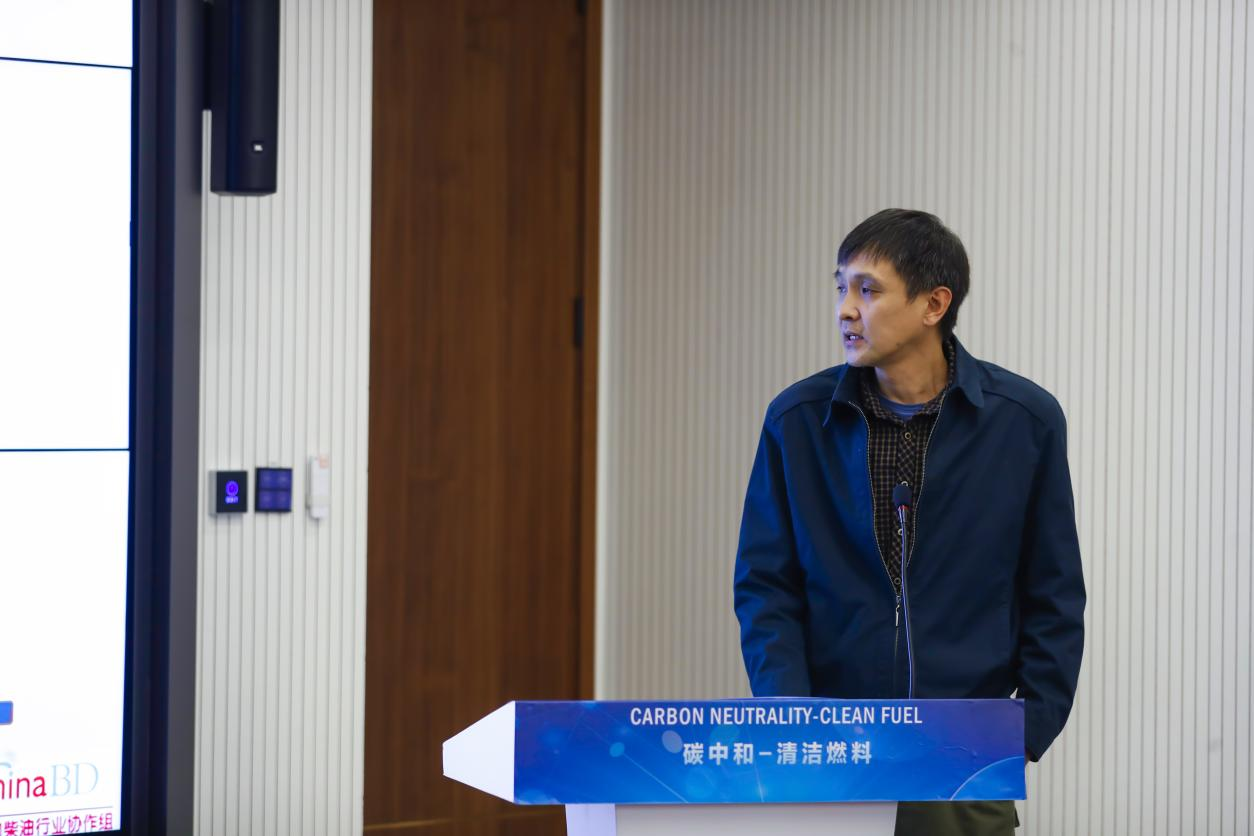
-
Mr. Zhao Kai, China Chief Representative of Methanol Institute, also introduced the technical status and progress of methanol fuel, as well as the application of methanol in the global fuel market including China. The report specifically mentioned the technology and market prospect of green methanol renewable methanol, and the participants all expressed that they had a fresher understanding of green methanol.

-
Mr. Liu Siming, Deputy Director of Energy and Chemical Industry Department, China Institute of Petroleum and Chemical Industry Planning, delivered a keynote speech on the development prospect of Hydrogen and ammonia fuel industry in China under the dual carbon background. He analyzed the impact of the dual carbon policy, as well as the carbon peak schedule and action plan for key industries. It is emphasized that with the acceleration of energy structure reform, the proportion of clean energy supply will be greatly increased, decarbonization will become the theme of reform, and the dual carbon policy will drive the expansion of clean energy application scenarios. Hydrogen energy industry will accelerate the development and drive the trillion-level industry growth. Ammonia fuel, as a hydrogen carrier, can improve the efficient transportation of hydrogen energy and benefit from the rapid development of clean energy. However, the development of green ammonia technology and cost considerations are still limited and challenging.
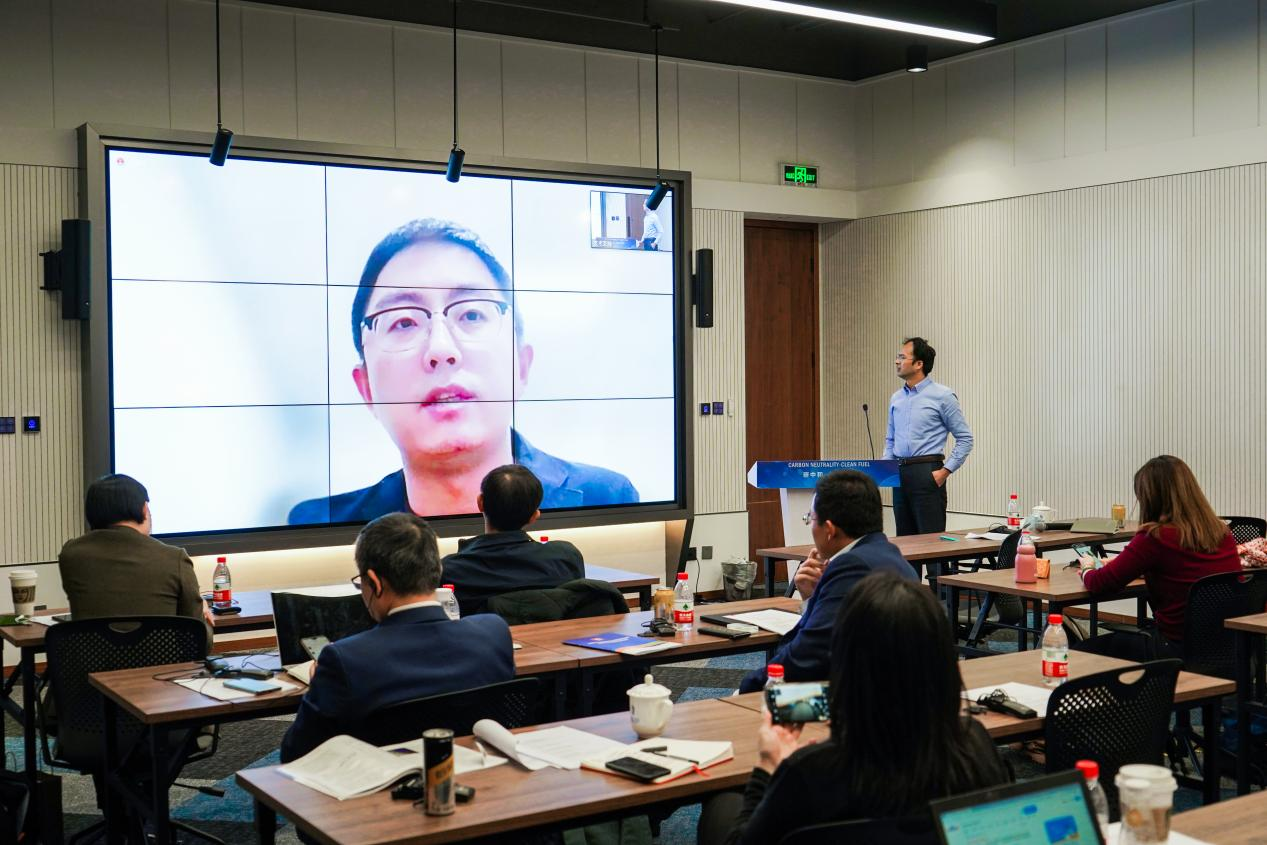
Clean fuel as an important direction of renewable energy development and utilization, its development prospects are widely optimistic. This seminar will lay the foundation for further industry cooperation and demonstration. We will work with partners to promote cooperation on policies and standard development, exchange and cooperation on business and projects, to support to achieve the dual carbon targets, and to make clean fuel in application more widely, economically, efficiently.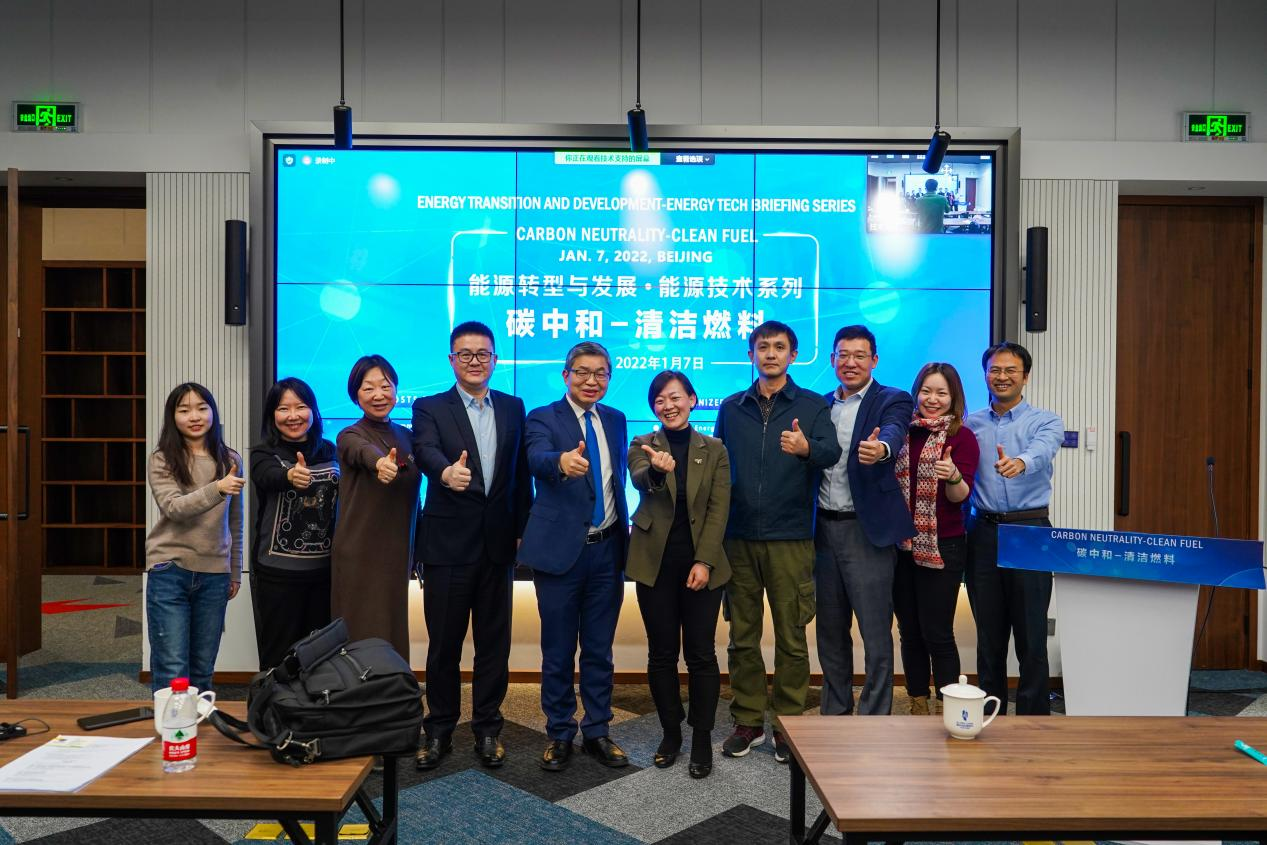

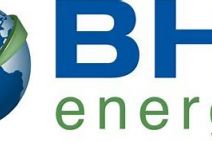
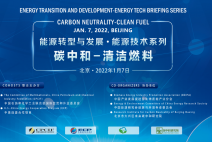
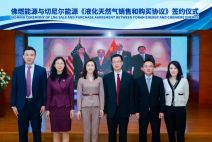

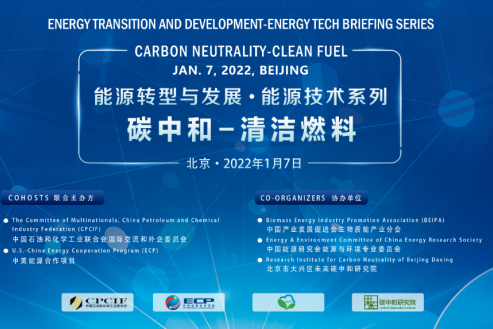
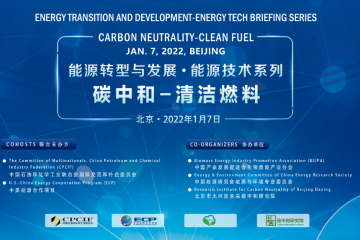
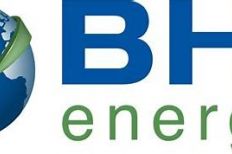
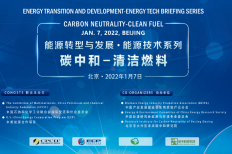
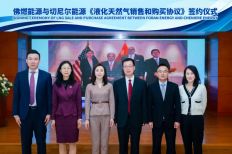

 京公网安备 11010502036951号
京公网安备 11010502036951号